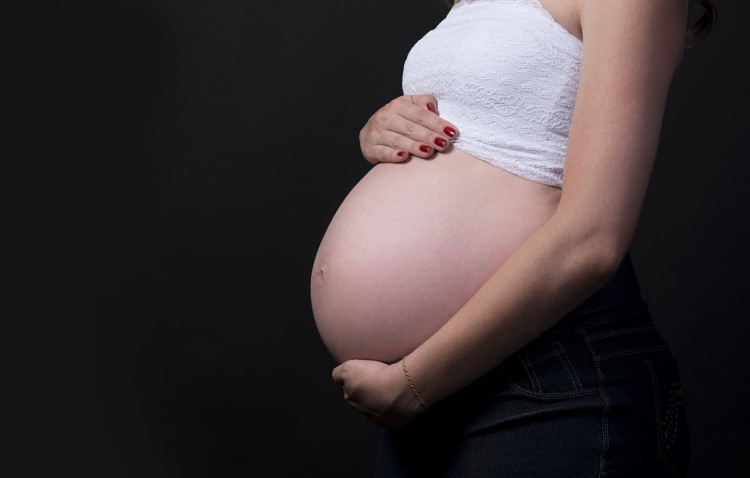South Korea has once again hit another record low of fertility rate last year as government data revealed on Wednesday it fell to less than one for the first time, despite the country's effort to reverse birth rates among the world's lowest.
The fertility rate is defined as the number of children a woman is expected to have in her lifetime. To maintain population stability, it is required to have 2.1 percent, yet South Korea's fertility rate dropped to 0.98 percent in 2018 - far too low from the required figure, as per the South China Morning Post.
In the statement released by Statistics Korea, this is reportedly the first time the figure fell below the line since Seoul began gathering data back in 1970. This likely indicates that the population of the world's 11th largest economy could probably start plummeting before 2028. In 2017, the country's fertility rate was 1.05 percent which was a record low as well.
The South Korean government reportedly spent over 135 trillion won (US$120 billion) starting 2005 as they are desperate to boost its birth rate. The government reportedly provides child subsidies to parents and launched campaigns encouraging young Koreans to get married and have children, but there's still no success.
According to many experts, there are several reasons as to why South Korea has dropped its fertility rate. Some of these include the expense of child-rearing, childcare, the burden for working mothers doing household chores, and high youth unemployment. Others also believe the country has a notoriously competitive society - like punishing education system and job market.
A 34-year-old Korean woman, who wished to remain anonymous, told AFP that she believes bringing up another child in the world is considered a sin. She said the Korean society is way too competitive, and she thinks a child doesn't deserve to go through such a system.
The majority of South Koreans linked child-rearing with marriage, yet they put off getting married as they prioritize higher education, as well as career. As of 2017, the country is reportedly one of the lowest out-of-wedlock birth rates in the world, with 1.9 percent. Meanwhile, other developed nations, like Norway and France, the birth rates among unmarried couple is about 55 percent or higher.
Meanwhile, in the data released on Wednesday, over 30 percent of all South Korean women gave birth last year were 35 or older, while those over-65s are expected to make up 25 percent of the population by the year 2030 - a phenomenon called the "silver tsunami."






